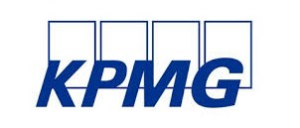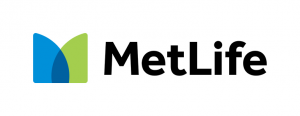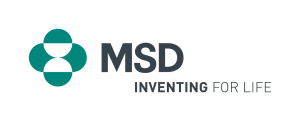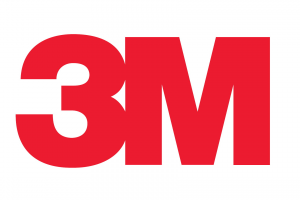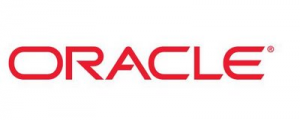UniCredit CEE-Quarterly 3Q 2013
14.06.2013Company: Amcham
Enclosed you can find UniCredit CEE Quarterly 3Q 2013.
CEE: Battling recovery hurdles
■ CEE is making progress in working its way through a variety of growth challenges but amidst constraints. The region is adjusting to slower growth across its trading partners but there is evidence of an improvement in activity.
■ Industry growth has improved while credit is bottoming out. External bank deleveraging has eased significantly in the newer EU states. Turkey leads the pack in terms of an acceleration in credit growth while in Russia credit growth is slowing and likely to drag on domestic demand this year. Fiscal policy should be less of a drag on growth going forward given the considerable amount of hard work done over recent years in many countries.
■ Inflation pressures vary across CEE. Lower food and energy inflation has eased headline inflation while there should be more disinflation to come for some over the summer months. With much of the required consolidation now behind us, fiscal policy should also prove less problematic for inflation going forward. There are significant differences in core inflation trends, however, with it proving problematic in Russia and Turkey.
■ External financing represents the primary risk to the recovery in activity, albeit with significant differentiation across countries. Amidst an expansion of central bank balance sheets in the developed world over the past 3-4 years, the primary driver of emerging market portfolio flows moved beyond a search for value relative to the developed world based on public, bank and external balance sheets and to a search for yield. In part because of this, in CEE ex-Russia net portfolio flows over 2010-12 more than trippled relative to 2005-07 to an average of 2.9% of GDP. At least part of this is now at risk of reversal. In most countries, FX reserve accumulation has failed to keep pace with portfolio inflows, increasing risks to currency stability and financing.
■ Against a backdrop of a gradual improvement in activity, mixed inflation pressures and increasing financing risks, monetary policy will take different directions in different countries. In Czech, Hungary and Poland, most of the easing in monetary conditions is behind us while rate hikes remain in the distance. We are still likely to see some modest interest rate cuts in Romania and Russia. Turkey has initiated a tightening cycle while further normalisation lies ahead.
■ But there remains a case for building buffers. The inclusion of the newer EU states into banking union has the potential to benefit financial stability, assuming a comprehensive resolution framework is put in place. E(M)U expansion is once again gathering pace with Croatia's EU accession on 1st July and Latvia's likely EMU entry early next year. IMF programmes are becoming increasingly necessary in large twin deficit countries such as Ukraine and Serbia. In Russia and Turkey, identification of an obvious anchor for policy is more difficult and is a source of concern given increasing evidence of more populist policies.
UniCredit CEE-Quarterly 3Q 2013


